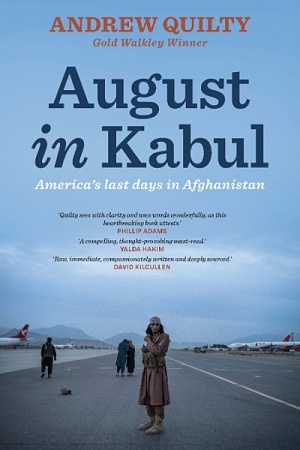Politics by other means

It is 1856 in a village near Lucknow, the capital of the northern Indian kingdom of Awadh. Two nawabs, Mir and Mirza, are engrossed in a game of chess, oblivious to the calamity unfolding around them. Satyajit Ray’s 1977 screen adaptation of Munshi Premchand’s short story ‘The Chess Players’ captures the decadence and idleness of Awadh, whose indulgent nobility preferred reciting Urdu poetry, listening to ghazals, and enjoying the sensuous pleasures of the zenana to paying attention to the well-being of their subjects. As Mir and Mirza continue the chess game, their state is annexed by the British on the pretext of maladministration – without a shot being fired.
The scene features in the opening chapter of The India Way: Strategies for an uncertain world by India’s minister for external affairs, Subrahmanyam Jaishankar. In a world undergoing profound transformation, Jaishankar warns there is no room for the ‘political romanticism’ that has permeated India’s strategic policy in the past, namely looking the other way when threats knock at its doors.
As India basks in the attention being showered upon it this year while it holds the rotating presidency of the Group of 20, Jaishankar has emerged as the main articulator of Prime Minister Narendra Modi’s world view – one that marks a profound rejection of India’s longstanding commitment to non-alignment based on Gandhian values of non-violence championed by its first prime minister, Jawaharlal Nehru. In Jaishankar’s words, India’s new grand strategy is based on ‘advancing [its] national interests by identifying and exploiting opportunities created by global contradictions’. Non-alignment has become multi-alignment – or, in Jaishankar’s terminology, ‘plurilateralism’.
Continue reading for only $10 per month. Subscribe and gain full access to Australian Book Review. Already a subscriber? Sign in. If you need assistance, feel free to contact us.











Leave a comment
If you are an ABR subscriber, you will need to sign in to post a comment.
If you have forgotten your sign in details, or if you receive an error message when trying to submit your comment, please email your comment (and the name of the article to which it relates) to ABR Comments. We will review your comment and, subject to approval, we will post it under your name.
Please note that all comments must be approved by ABR and comply with our Terms & Conditions.